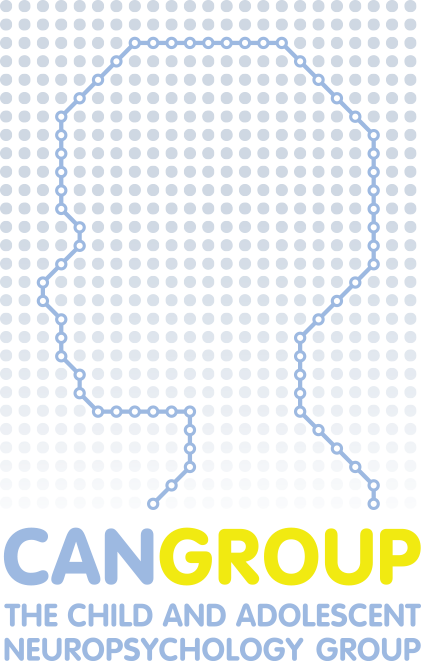Daily Behaviour and Emotional Functioning
Daily behaviour is a general term that refers to the way in which a person conducts themselves and responds to day-to-day situations. Emotional functioning is a related term that broadly refers to the ability to identify, understand, and manage emotions. Parents and teachers may report concerns in this domain if children are displaying difficulties with internalisation (e.g., anxiety, withdrawal, depression), externalisation (e.g., ‘meltdowns’, aggression, oppositionality) and/or adaptive functioning (e.g., communication, social skills, self-care).
Difficulties with daily behaviour and emotional functioning are very common in children with neurodevelopmental challenges and form an important part of the neuropsychological assessment. Assessment of this domain typically includes a range of questionnaires, a detailed interview, behavioural observations and an evaluation of the child’s test-taking behaviour. These tools can help us to understand the different factors that may be contributing to challenges in this domain. For example, a child experiencing difficulties with cognitive development, including language processing, may disengage when they reach their capacity and exhibit anxiety, inattention, oppositionality or other maladaptive behaviours. Often these behaviours reflect the cognitive overload they are experiencing rather than a deliberate attempt to be obstructive or non-compliant, making it particularly important to identify and manage the underpinning reasons for the behaviour. Understanding a child’s profile of behavioural and emotional functioning can also help to uncover the impact these skills may be having on other important areas of functioning such as attention, working memory, new learning and memory, executive functioning, academic skills, and social functioning, which is important for informing the most appropriate supports and recommendations.
Request further information
For general enquiries, please complete the form below.
Alternatively, if you require a booking with one of our Neuropsychologists,
please click here to proceed to our referrals & bookings page.

